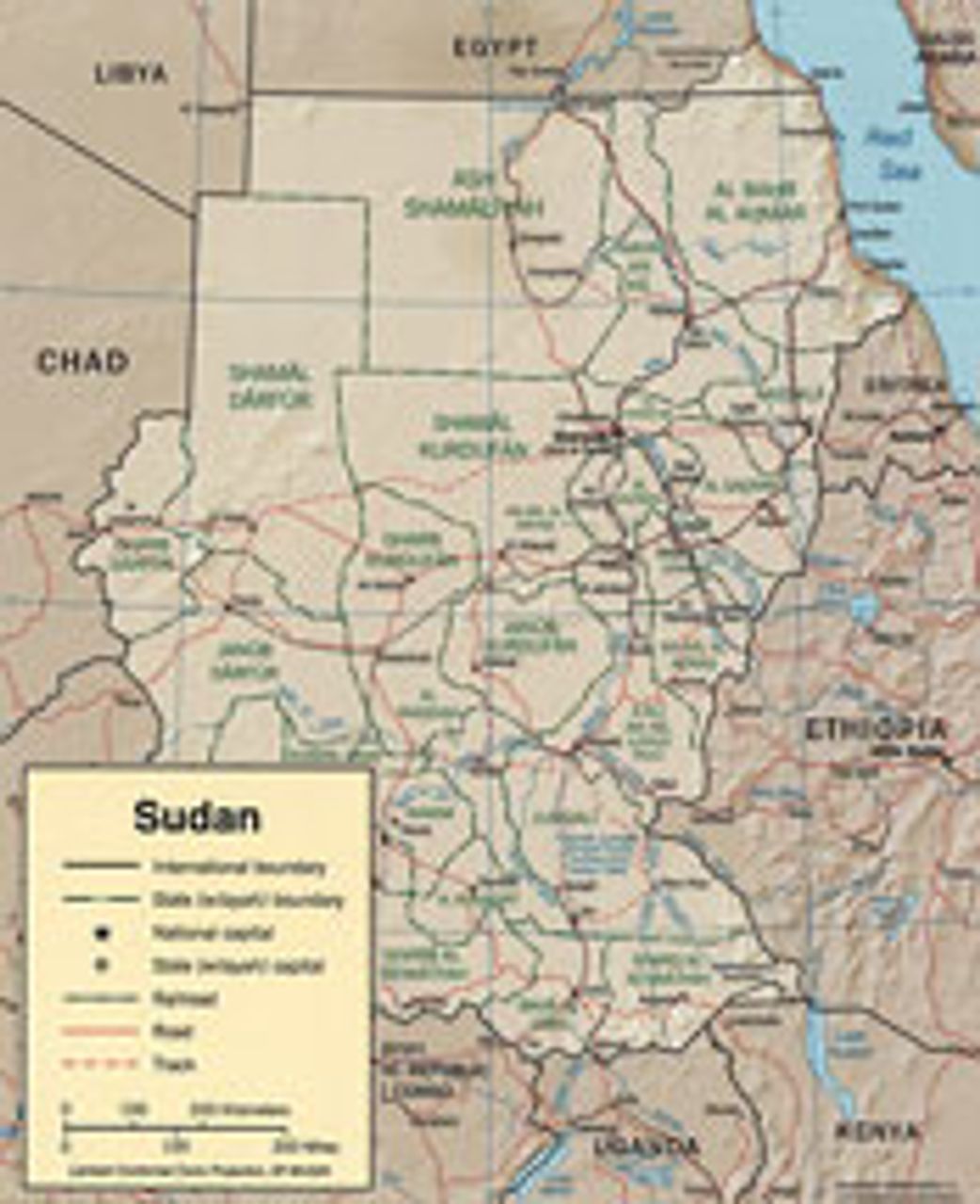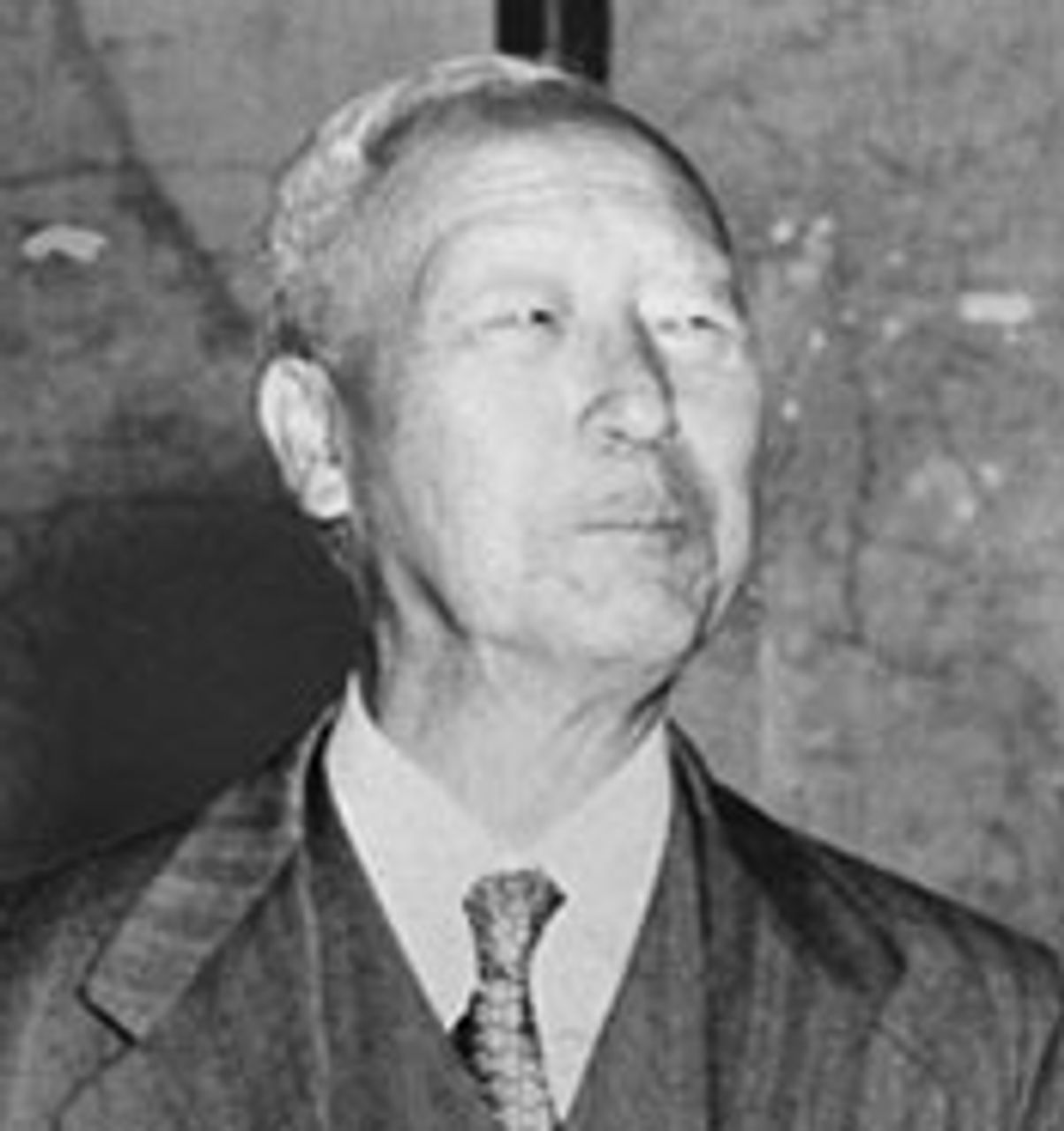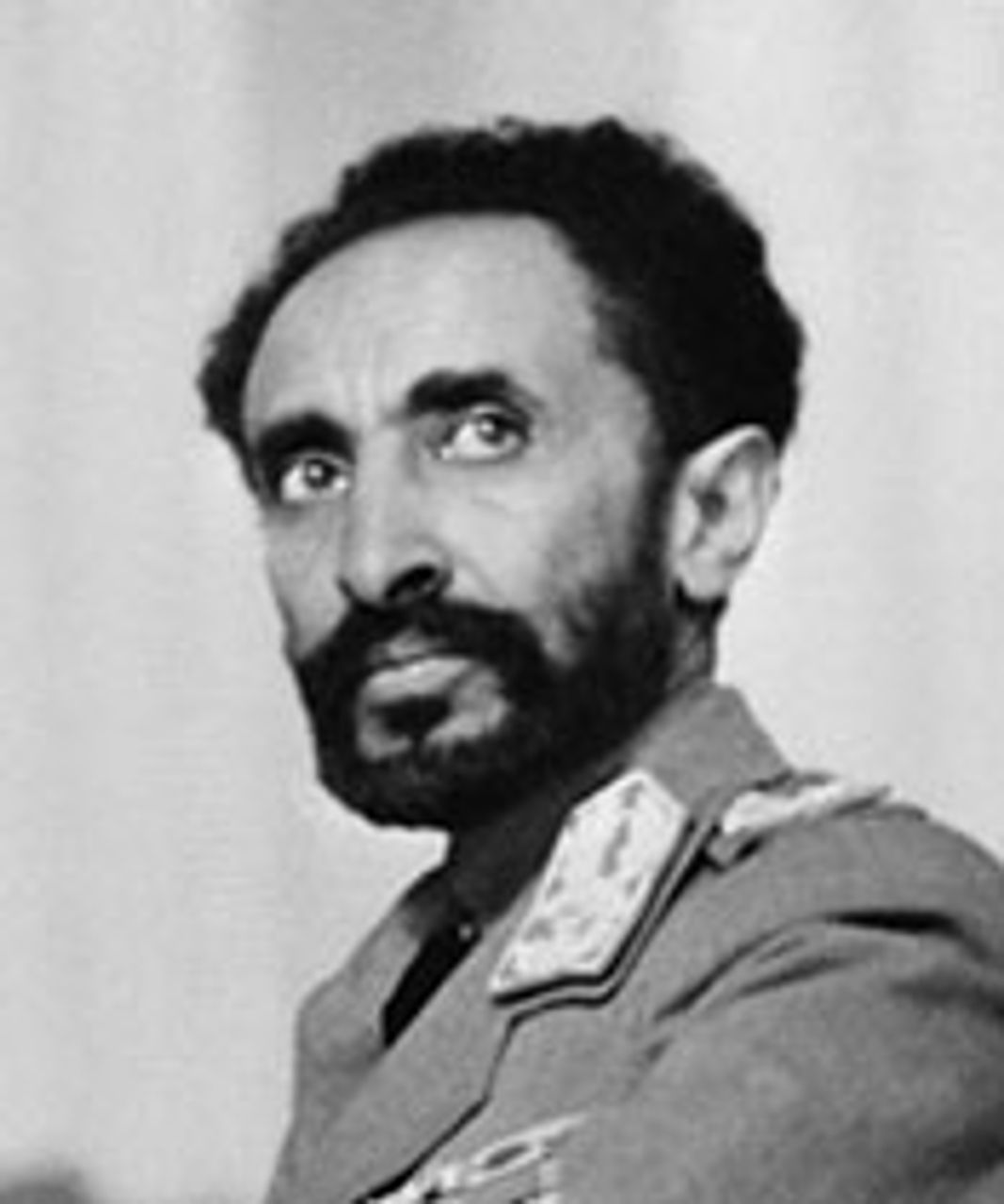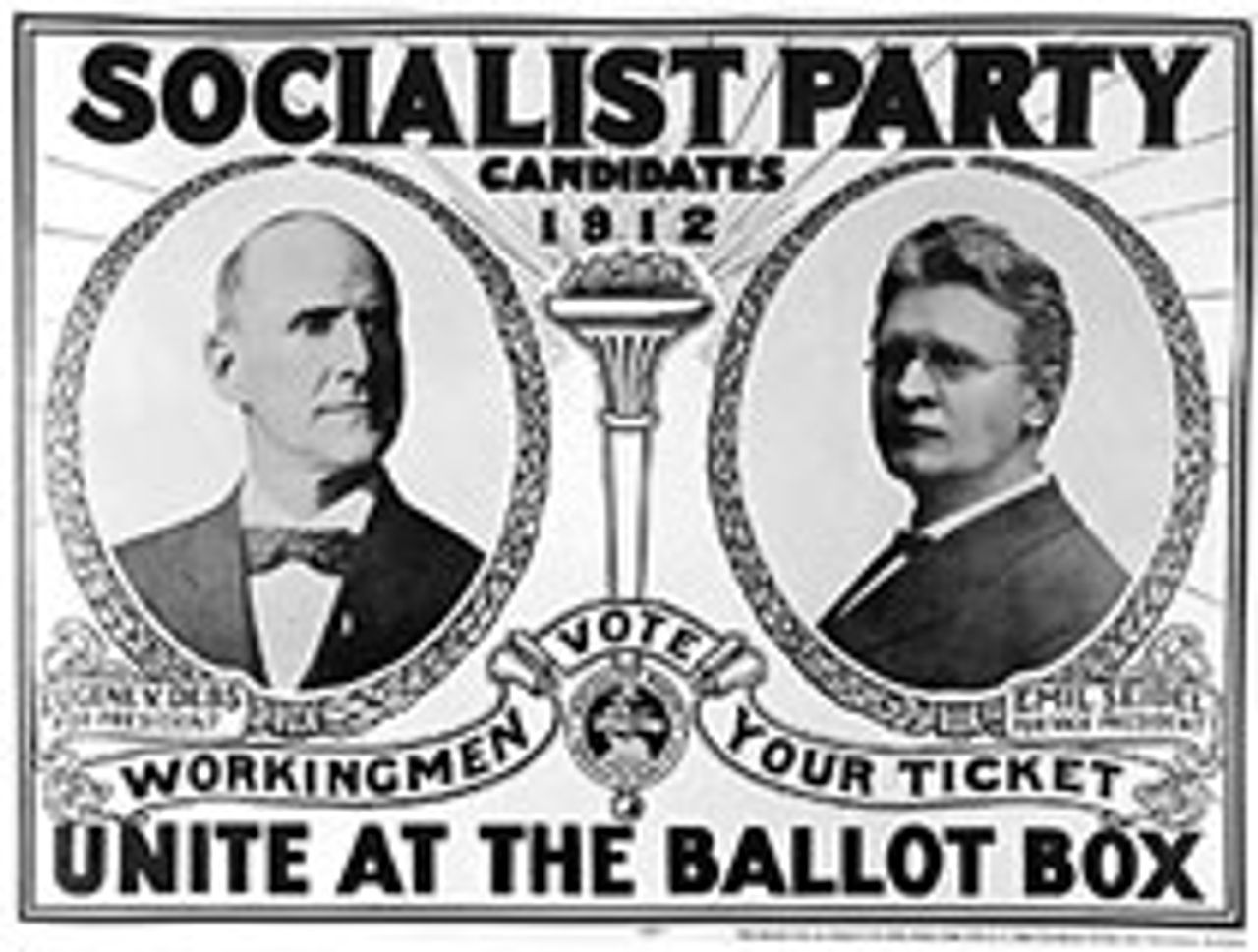This Week in History provides brief synopses of important historical events whose anniversaries fall this week.
25 Years Ago | 50 Years Ago | 75 Years Ago | 100 Years Ago
25 years ago: General strike in Sudan results in military coup
 A general strike in Khartoum, Sudan, paralyzed the country and resulted in a military coup against the government of US ally Gaafar an-Nimeiry on April 6, 1985.
A general strike in Khartoum, Sudan, paralyzed the country and resulted in a military coup against the government of US ally Gaafar an-Nimeiry on April 6, 1985.
Sudan was wracked by drought, famine, an influx of refugees from neighboring states, and a civil war waged in its south by the Sudanese Liberation Army. But the general strike came in response to Nimeiry’s austerity measures, including the ending of food subsidies and a currency devaluation, which were dictated by Washington and the International Monetary Fund (IMF). Sudanese workers responded with a series of intensifying strikes that ultimately shut down transportation and most services.
As these events unfolded, Nimeiry found himself in the US. The Reagan administration applauded the austerity measures and promised to free up $67 million in funding it had been blocking and to deliver grain to the nation, where 6 million people faced starvation.
The coup, which struck a friendly posture toward workers’ grievances, was orchestrated by senior military figures grouped around General Abdul Rahman Suwar ad-Dahhab. While the coup rescinded Nimeiry’s intention to make Sudan an Islamic state, it did not end fundamentalist Shari’a law. It was welcomed by US nemesis Muammar Gaddafi of Libya.
50 years ago: Riots in South Korea after police murder protester
 Syngman Rhee
Syngman RheeThe badly mutilated body of high school student Kim Chu Yol was discovered by a fisherman in the southern city of Masan, South Korea, this week in 1960. Yol was one of five youths who “disappeared” in March after joining protests in Masan against the rigged reelection of Syngman Rhee in the March 16 national vote. Seven were killed in protests against the elections, which were characterized by intimidation and ballot-rigging.
Yol’s body was reportedly discovered with a police tear gas canister visibly lodged in his eye socket. After word spread, rioting erupted in Masan on April 11 and quickly spread to other South Korean cities. Rioters in Masan sacked several police stations, destroyed the home of a local representative of Rhee’s ruling Liberal Party, and beat the city police chief into critical condition. US Army General Carter Magruder approved, or perhaps ordered, the South Korean army to suppress the riots. An 18 year-old youth was killed in the crackdown in Masan, and many more were injured.
The protests pushed the Rhee regime to the brink of collapse and exposed the nature of “free” South Korea. Rhee’s government was a thinly veiled dictatorship with real power resting with the US military, which maintained tens of thousands of troops on the peninsula after the Korean War.
75 years ago: Ethiopian troops sent to defend borders
 Haile Selassie
Haile SelassieEthiopian emperor Haile Selassie sent 100,000 troops to the frontiers of Eritrea and Italian Somaliland this week in 1935 to counter Italy’s increasing military presence in the region. Selassie insisted that Italy was occupying Ethiopian territory illegally, seeking to connect its colonies in Eritrea and Somalia, which were separated by Ethiopian land.
“As a member of the League of Nations and signer of the Kellogg pact, we are bound to exhaust every means of peaceful settlement before resorting to war,” Selassie told Associated Press reporters, “but in case of any foreign invasion while efforts to secure peaceful settlement are in progress, Ethiopia will resist that invasion to the utmost.”
Military aid was sent to Ethiopia from Belgium and Czechoslovakia, including some 20,000 rifles and 400 machine guns. The German government of Adolph Hitler offered to provide Selassie with hundreds of armored cars. With these and other near-obsolete armaments already in their possession, Ethiopian forces were sent to defend their borders against the encroaching Italian military.
Ethiopia was one of the last remaining African countries not colonized by the major European powers, though it was surrounded by British, French and Italian colonies. A 1906 treaty between these three colonial rivals outlined their interests in the region while supposedly maintaining Ethiopian sovereignty. But with a global depression compelling the imperialist countries to seek new measures to remain competitive on the world market, the pressure to gain control of Ethiopia’s land and resources had reached a new high.
100 years ago: Socialist elected mayor of Milwaukee
 Campaign ad for the Debs and Seidel
Campaign ad for the Debs and Seidelpresidential ticket, 1912
Socialist Emil Seidel won election as mayor of Milwaukee, Wisconsin, on April 5 1910, the first such victory for a socialist in a major US city. Milwaukee was a significant industrial center and then the 12th largest US city, with a population of about 375,000.
The victory was only the latest mark of the growing influence of socialism in the US. The weekly Appeal to Reason had a circulation of 550,000 in 1910, socialist candidates had won offices in dozens of cities and towns across the US, socialist “foreign language federations” had been founded among many immigrant groups, and Eugene V. Debs, the Socialist Party’s best-known figure, was admired by workers across the US. The major reforms of the Progressive movement—for which Wisconsin was a center—were authored in response to the gathering socialist challenge.
Seidel reflected the class heterogeneity of US socialism at the time. An artisan and German immigrant, his victory was based on the votes of workers in Milwaukee. But he and Victor Berger, his influential sponsor, were US followers of the German reformist Eduard Bernstein. They believed socialism could eventually be won through the accumulation of reforms.
